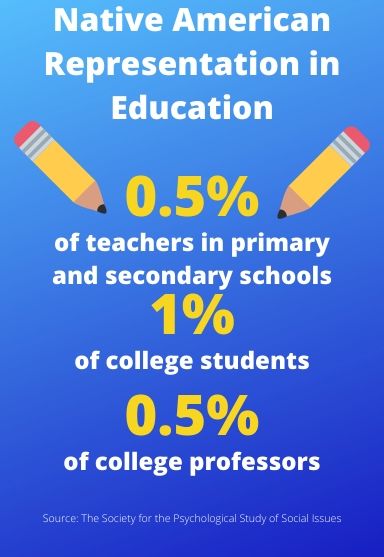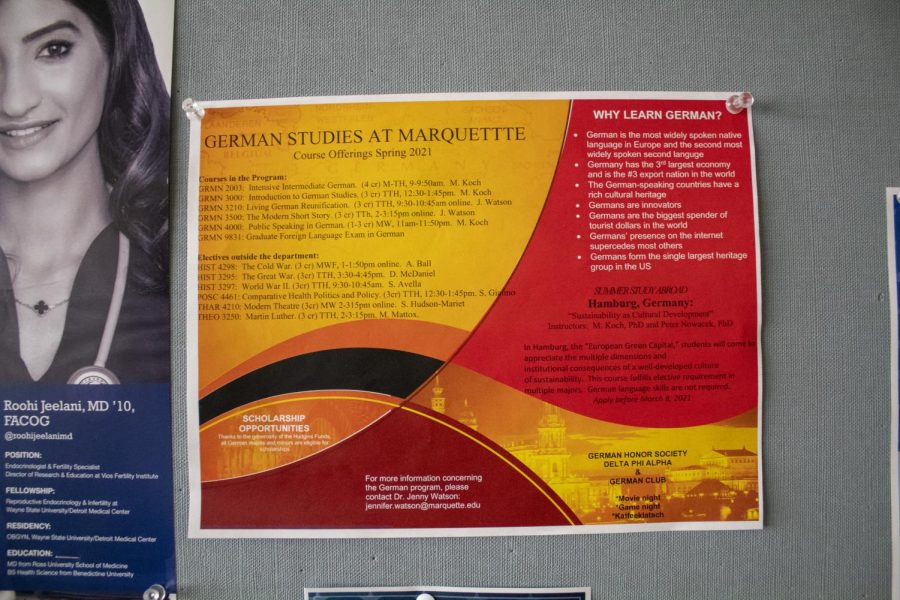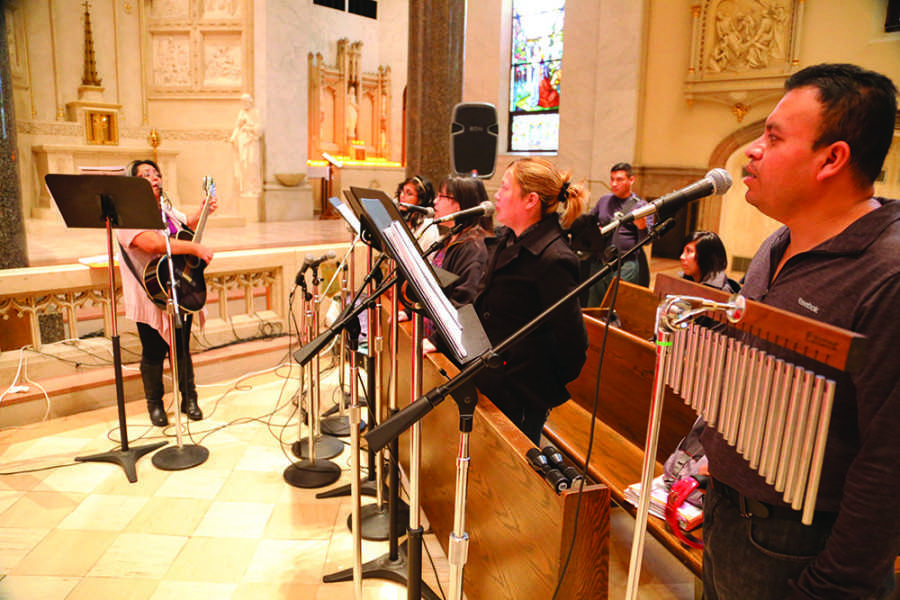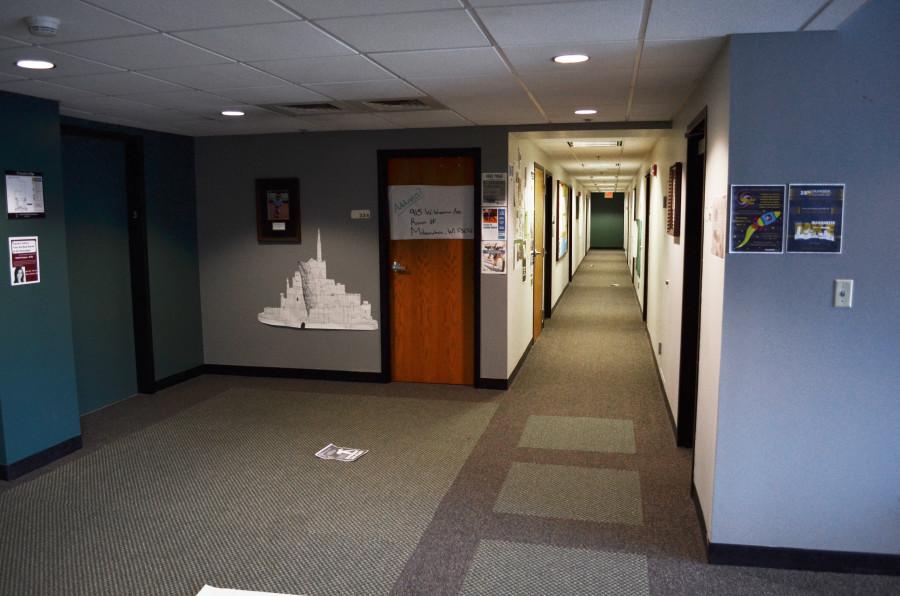On my plane ride to the Dominican Republic for a semester abroad, I thought to myself, “I’ve got this Spanish thing down.” I’ve taken Spanish since kindergarten, studied a multitude of different tenses and learned hundreds of vocabulary words — yet during my first conversation with a Dominican, I froze. I couldn’t answer the simple question of “how are you?”
My brain scrambled to remember the basics from 14 years of Spanish classes, which should have been ingrained into my mind. I managed to shout back, “what?” and when he repeated his question, I succeeded with the simple answer of “good” as my cheeks flushed red with embarrassment.
That’s the hard part about learning a language in a classroom setting — grammar often comes before actual conversation. In high school, the only time we actually listened to or spoke Spanish in class was during the respective sections of final exams.
The reality is that conversation is the most important skill to learn in order to understand and respond to someone in his or her native tongue.
But more than that, it’s about making mistakes. After spending a total of eight weeks in a Spanish-speaking country, my cheeks are permanently red with embarrassment, because my Spanish speaking abilities are still poor. Some moments, like the time I walked around the Mormon Church for two hours telling people welcome (bienvenidos) to their own church instead of good morning (buenos dias), still make me shake my head in humiliation.
Other moments your friends never let you live down. I am reminded of walking up to a fruit stand full of confidence to ask the lady if she had any avocados (palta). The look on her face set off every alarm in my head trying to remember what I had said and figure out where it had gone wrong.
Generally speaking, fruit stand owners get a little suspicious and confused when you ask them if they have any money (plata). To deepen my embarrassment, my friend overheard the encounter and laughed loudly behind me.
There is no easy way to avoid messing up, but when you finally get it right, it’s worth it. The first time I successfully asked a person for directions and got on the right bus home left a smile on my face for hours.
Until the next day. When, after messing up a sentence, I tried to tell the bus driver “I’m embarrassed” but instead informed him I was pregnant (estoy embarasada). Whether he thought I was blaming a non-existent pregnancy on my inability to answer his question or knew enough English to realize what I was trying to say, I will never know. I dashed off the bus before the tires stopped rolling not wanting to turn around and acknowledge my extreme language failures.
Making mistakes is the best way to learn. Never again will I welcome people to their own church or forget the word for avocado. The reason children catch onto a new language so quickly is because they repeat what they hear and don’t fret over grammar or stop a conversation to look up a specific word in their dictionary.
Reminiscing these stories still makes my face turn red, but messing up and making a fool of oneself is part of learning a language. If you do not practice speaking, you will not improve. At least now when I look back, I will have amusing stories to share with friends and family.










Andrew Weiler • Sep 26, 2015 at 7:52 pm
Spot on.
Too many people shy away from mistakes, and sometimes for reasons they may not fully understand. The reality is that to become an effective learner of any skill ( and that is what language is) one needs to walk through the fears that have them shy away from wanting to make mistakes….hence progress will be slow and limited.
Mistakes are actually your best friend. They are teaching you what you have to do.
A critical aspect to learning a new language is to actually realise that mistakes are being made! We only recognise mistakes as that when we see them or someone tells us. The more we are attentive the more we can notice and see the discrepancy between what we say and between what others say.